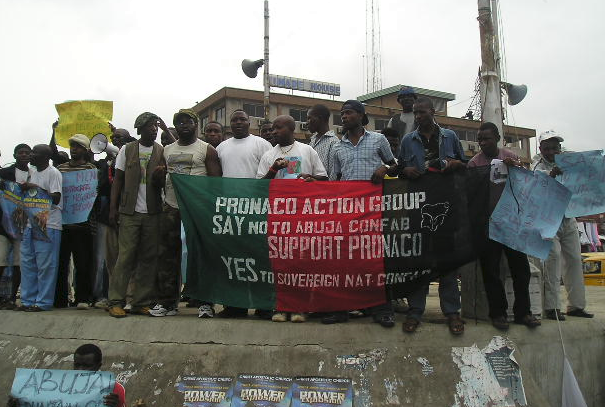The Collaboratory is pleased to announce that a 5×5 Incubator Grant has been awarded to Environmental Activism and Minoritized Languages on Social Media. This 5×5 project investigates how environmental activism and marginalized languages intersect in three distinct geographic sites–Cabo Verde islands, Nigeria, and Japan.
Members of the team include Omolade Adunbi (Afroamerican and African Studies), Allison Alexy (Asian Languages and Cultures / Women’s and Gender Studies), Marlyse Baptista (Linguistics / Afroamerican and African Studies), Kenneth Mills (History), and Jennifer Nason (Linguistics and Economics Librarian).
Team members explain that In each of the locations included in this project, “populations are responding to the legacies of colonization and the impending risks caused by climate change.” In addition, the team says that “these coastal areas offer productive and provocative bases for comparative linguistic and sociocultural analyses.”
Motivating the team’s explorations are the following research questions: “How are environmental activists who belong to minoritized populations–those long silenced or rendered invisible–navigating the current climate crisis? How are these vulnerable communities using social media to amplify their voices in the environmental activism they are leading? How are people making use of their own marginalized languages on social media to make environmental activism more effective within their own communities?”
By asking these questions, the team plans to examine how speakers of marginalized languages that have evolved in the shadow of hierarchically dominant languages and cultures (Portuguese in Cabo Verde, English in Nigeria, and Japanese in Japan) are finding new footing to gain visibility and legitimacy.
Pictured: Nigerian activists gather to protest oil companies


